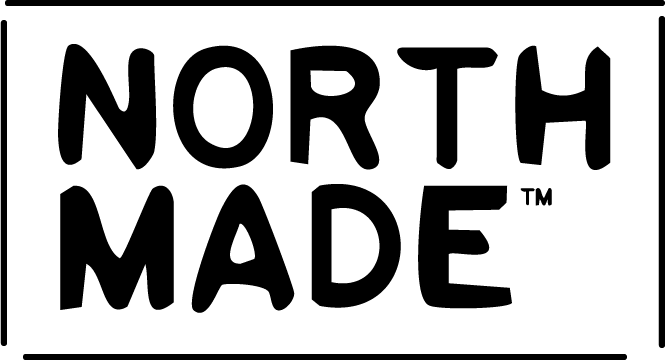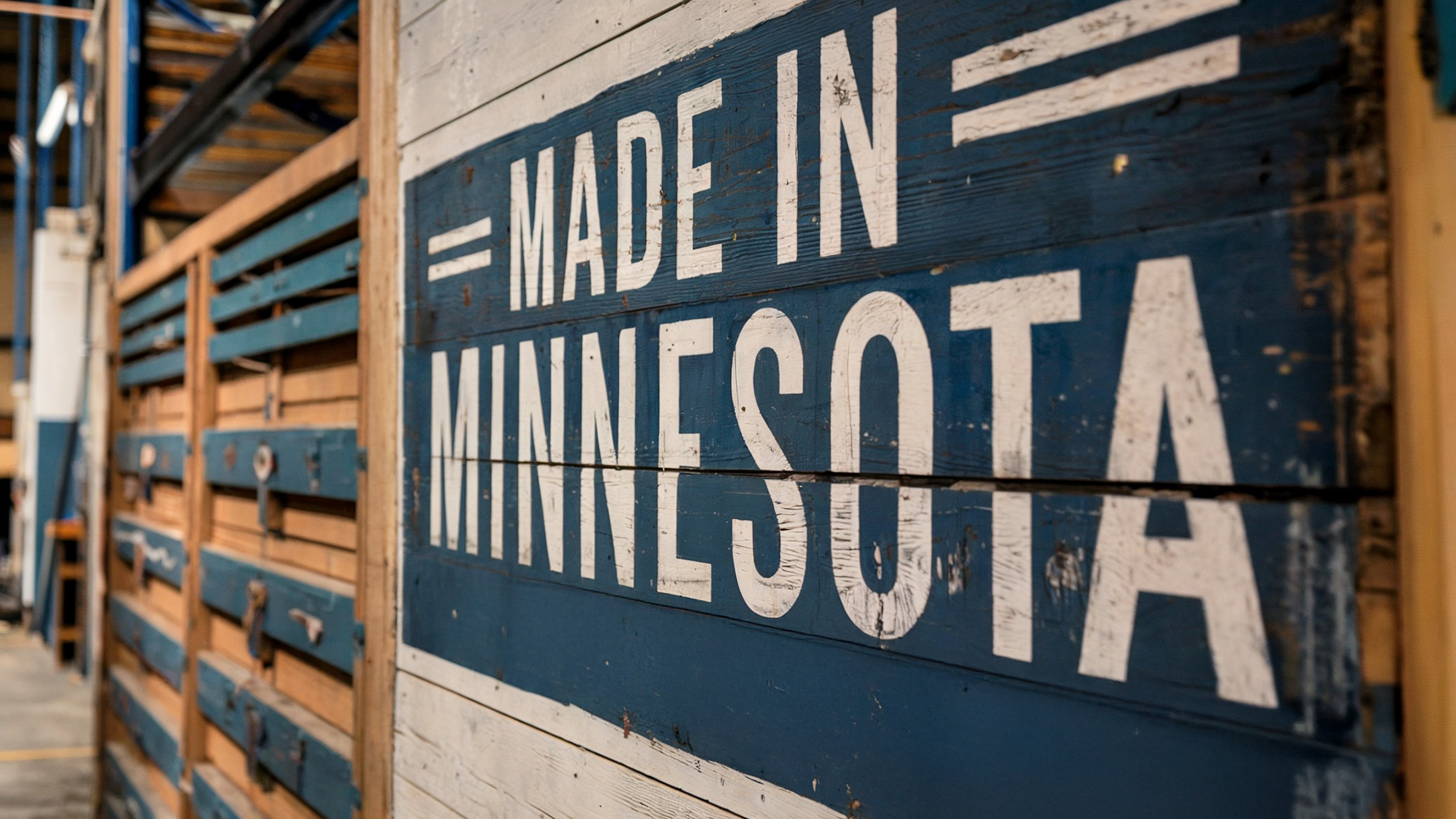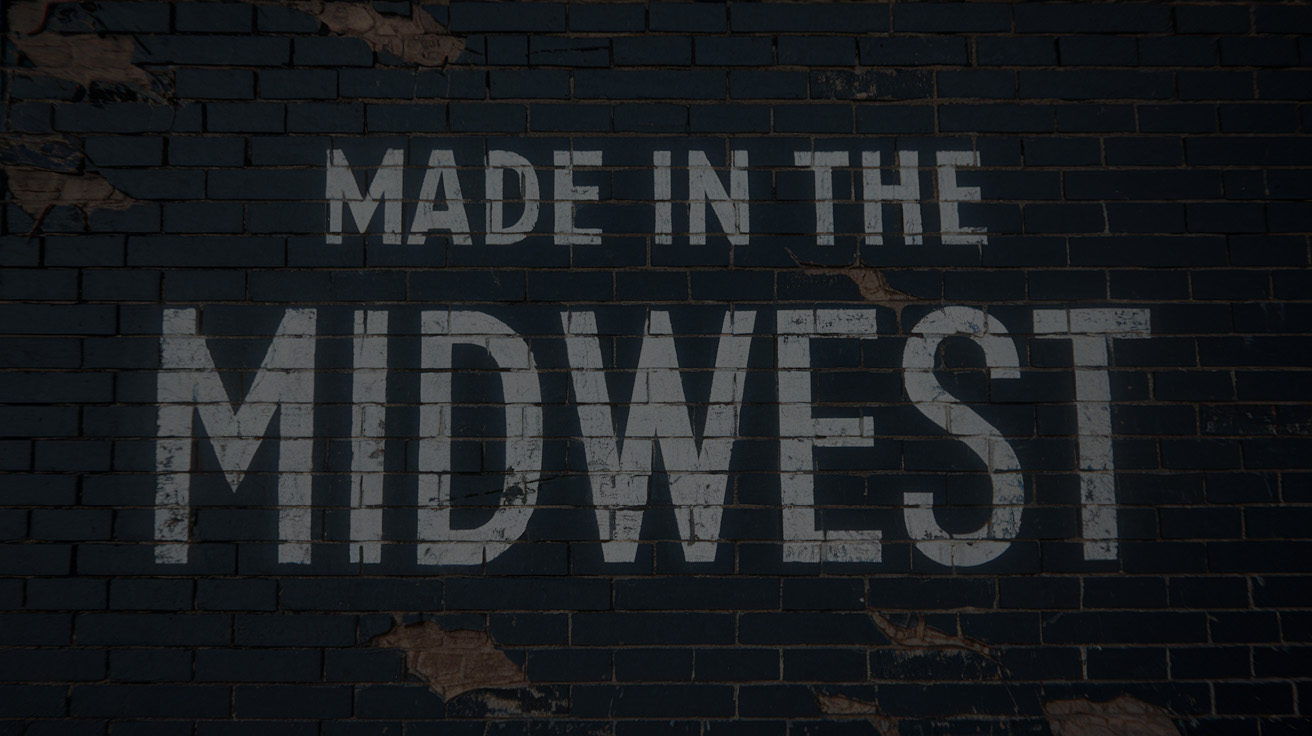When most people think of Minnesota, images of expansive lakes, friendly communities, and snowy winters likely come to mind. Yet, behind the state’s serene landscapes and welcoming demeanor lies a dynamic entrepreneurial spirit. Time and again, small businesses launched in modest storefronts or family garages across Minnesota have blossomed into brands known nationwide—and even across the globe. Here’s a closer look at several Minnesota companies that started small and worked their way to the top.
1. 3M: A Sticky Start That Transformed into Global Innovation
What began as the Minnesota Mining and Manufacturing Company in Two Harbors, Minnesota, more than a century ago hardly resembles the internationally renowned conglomerate we know today as 3M. Back in 1902, the founders struggled to mine an abrasive mineral they believed would revolutionize the sandpaper industry. Though early efforts were fraught with setbacks—faulty materials and initial financial losses—they persevered. Over time, 3M pivoted from raw materials to creating innovative products like Scotch™ tape and Post-it® Notes. Today, 3M’s cutting-edge solutions span healthcare, consumer goods, electronics, and transportation, cementing its place as a global leader in problem-solving products.
2. Target: From a Single Dry Goods Store to a Retail Powerhouse
In 1902, George Draper Dayton opened the Dayton Dry Goods Company in Minneapolis, setting the stage for what would eventually become Target. For decades, the Dayton family brand focused on quality products and community values. In the early 1960s, seeking to attract a broader base of value-conscious shoppers, the company introduced the first Target discount store in Roseville. The concept took off. Today, Target’s famous red bullseye is found in nearly every state across the U.S., and the company has forged a unique identity—combining affordability with quality, style, and social responsibility.
3. Best Buy: Turning a Small Audio Shop into an Electronics Empire
Best Buy traces its origins to a small St. Paul-based store named the Sound of Music, opened in 1966 by Richard M. Schulze. Initially specializing in high-fidelity stereos, the store gradually expanded its product line and responded to changing consumer demands. By 1983, Schulze rebranded the thriving company as Best Buy, embracing a larger-format “superstore” model that offered a wide array of electronics at competitive prices. Over the years, Best Buy has weathered intense competition, adapting to the digital age and global marketplace. Today, it’s one of America’s leading consumer electronics retailers, with a formidable online presence and shops spanning the country.
4. General Mills: From Flour Mills Along the Mississippi to a Kitchen Near You
Originally formed by merging several flour mills around the roaring St. Anthony Falls in Minneapolis, General Mills started as a key player in the region’s flour milling industry. In the early 20th century, the company embarked on a journey of diversification, expanding into packaged foods and consumer products. Eventually, it rolled out beloved brands like Cheerios, Betty Crocker mixes, Yoplait yogurt, and Häagen-Dazs ice cream—names that now grace grocery shelves around the globe. Today, General Mills exemplifies how a firm grounded in local resources and hard work can shape dining habits worldwide.
5. Polaris: From Snowbound Town to a Global Outdoor Icon
In the 1950s, the founders of Polaris built their first snowmobile in a small garage in Roseau, a northern Minnesota town not far from the Canadian border. What was once a novelty—creating machines that could glide over deep snow—evolved into a company recognized internationally for its powersports vehicles. Polaris now produces a wide range of snowmobiles, ATVs, motorcycles, and electric vehicles. The brand’s adventurous spirit and commitment to innovation have earned it a fiercely loyal global following, proving that big dreams can emerge from even the frostiest corners of the Midwest.
6. Buffalo Wild Wings: A College Hangout Turned National Dining Sensation
In the early 1980s, two friends opened a small wing joint near the University of Minnesota campus. Buffalo Wild Wings quickly became a neighborhood favorite, loved for its casual atmosphere, tangy sauces, and countless TVs beaming the latest sports. Word spread, and over the following decades, B-Dubs (as fans affectionately call it) grew into a national chain with hundreds of locations. It’s now a go-to destination for game-day gatherings all across the U.S. and beyond.
7. Caribou Coffee: Brewing Community One Cup at a Time
Caribou Coffee started as a single coffeehouse in Edina, Minnesota, in 1992. Inspired by an Alaskan expedition, the founders named their venture after the majestic caribou, symbolizing endurance and exploration. Initially competing with the usual suspects in local café culture, Caribou distinguished itself by creating cozy, community-oriented shops and placing a premium on sustainably sourced beans. Today, Caribou Coffee locations stretch across the country and reach into international markets, giving coffee lovers everywhere a taste of Minnesota’s welcoming warmth.
Minnesota’s Enduring Legacy of Entrepreneurship
From a tiny dry goods store to a multi-billion-dollar retailer, from a small group of tinkerers to a global tech and innovation powerhouse, these stories are more than business success sagas—they are testaments to Minnesota’s industrious spirit and resilient character. Entrepreneurs here have long combined creativity, resourcefulness, and community values to build something meaningful from the ground up.
In a world where new ideas can emerge anywhere, Minnesota proves that you don’t need to start in a global hub to make a worldwide impact. Sometimes, all it takes is a spark of inspiration, a bit of grit, and the support of a community that believes in dreaming big—even when the starting point is small.






Ego vero volo in virtute vim esse quam maximam; Nec vero alia sunt quaerenda contra Carneadeam illam sententiam.
Nihil enim iam habes, quod ad corpus referas; Quasi ego id curem, quid ille aiat aut neget. Vestri haec verecundius, illi fortasse constantius. Rapior illuc, revocat autem Antiochus, nec est praeterea, quem audiamus.
An dolor longissimus quisque miserrimus, voluptatem non optabiliorem diuturnitas facit? Sed quanta sit alias, nunc tantum possitne esse tanta. Scio enim esse quosdam, qui quavis lingua philosophari possint; Inde sermone vario sex illa a Dipylo stadia confecimus.
Deque his rebus satis multa in nostris de re publica libris sunt dicta a Laelio. Hoc loco tenere se Triarius non potuit. Atque haec ita iustitiae propria sunt, ut sint virtutum reliquarum communia. Quae diligentissime contra Aristonem dicuntur a Chryippo.
Quis non odit sordidos, vanos, leves, futtiles? Nam adhuc, meo fortasse vitio, quid ego quaeram non perspicis. Nosti, credo, illud. Nemo pius est, qui pietatem. Hoc mihi cum tuo fratre convenit.